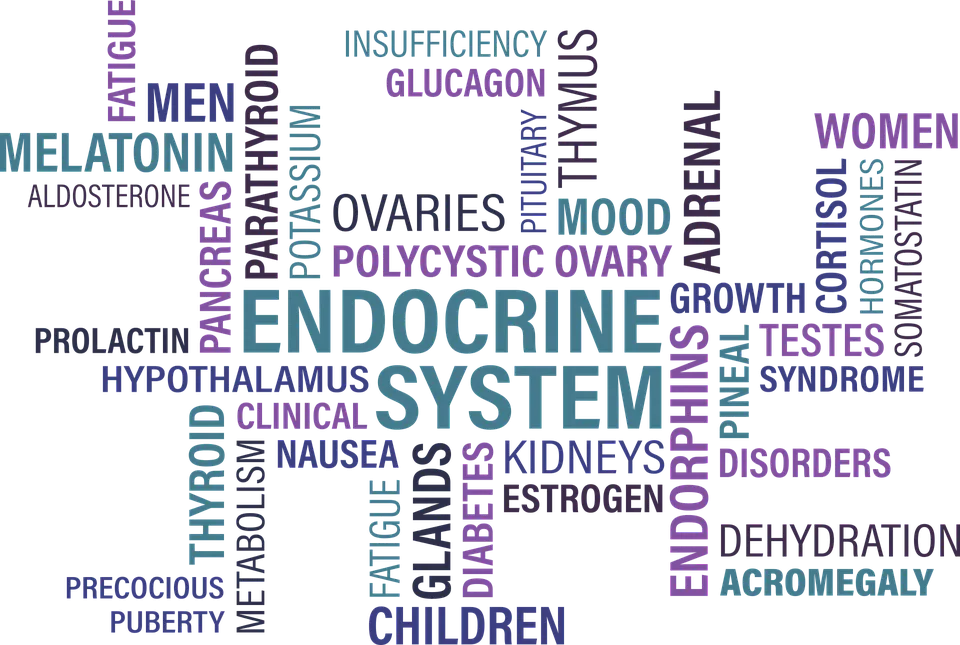Thyroid problems are very common worldwide. Around 200 million people all over the world are affected by this. According to the National Center for Biotechnology Information, about 42 million people in India are victims of thyroid. 60% of them are women. 1 in every 8 young women in India suffers from thyroid. Women are more prone to thyroid than men.

Source
What is thyroid disorder
The thyroid gland is a butterfly-shaped gland on the neck that makes hormones and these hormones are important for the proper functioning of different body parts. These along with the metabolic rate of the body keep the cardiac and digestive work smooth. Brain development, control of muscles and maintenance of bones are also possible from these. Thyroid disturbances affect the work of thyroid gland. This affects the ability to make hormones necessary for metabolism.
Why women are more affected
Most thyroid disturbances are spontaneous procedures, ie a good condition in which the patient's immune system attacks and destroys the thyroid gland. According to various studies, auto immune diseases such as celiac disease, diabetes mellitus type, inflammatory bowel disease, multiple sclerosis and rheumatoid arthritis are common in women.
Varieties of thyroid disturbances
Hypothyroidism, hyperthyroidism, thyroiditis, thyroid cancer are common disorders that affect both men and women. Among these, hypothyroidism, hyperthyroidism is 10 times higher in women than in men.
Hypothyroidism is a type of thyroid disorder that occurs when thyroid gland activation is low and fewer hormones are produced than normal. This disrupts the balance of hormones and metabolism in the body. One of the most common causes of hypothyroidism in women is autoimmune disease called Hashimotos disease. In this, antibodies target the thyroid slowly and destroy its ability to make thyroid hormones. It is estimated that 1 in 11 women suffer from hypothyroid in their lives.
Hyperthyroidism is a type of thyroid disorder that occurs when thyroid gland activation increases and more hormones are produced than normal. These hormones play an important role in controlling the metabolism of the body. In hyperthyroidism the thyroid gland enlarges. Due to this, the metabolism of the body increases and suddenly the weight is lost, the heartbeat becomes fast or irregular and there is anxiety.
Early symptoms
Thyroid disturbances are often not caught initially, because the symptoms are unclear. It is feared to be confused considering it infertility, lipid disorder, anemia or depression. Symptoms occur late. Till then, the situation is unable to be recovered.

Source
Symptoms of hypothyroidism may include the following: fatigue, dry skin, muscle cramps, constipation, inability to bear cold, swollen eyelids, excessive weight gain, irregular menstrual periods.
Symptoms of hyperthyroidism may include the following: nervousness, trouble sleeping, weight loss, palms wetting, rapid and irregular heartbeat, heavy eyes, staring without blinking eyelids, changes in eyesight, excessive hunger, stomach upset. Do not bear heat.
Components responsible for thyroid disturbances
Family history of thyroid disease, presence of autoimmune condition, history of radiation in the neck, thyroid surgery, thyroid enlargement.
Prevention
Thyroid disturbances are not lifestyle-related disturbances and require no further effort other than taking sufficient iodine. If thyroid disturbances are detected on time and treated properly, it can be prevented from growing. Women should have thyroid gland examined once a year so that the disease can be detected early and treated in time.
Thanks for your support.
Posted via Steemleo